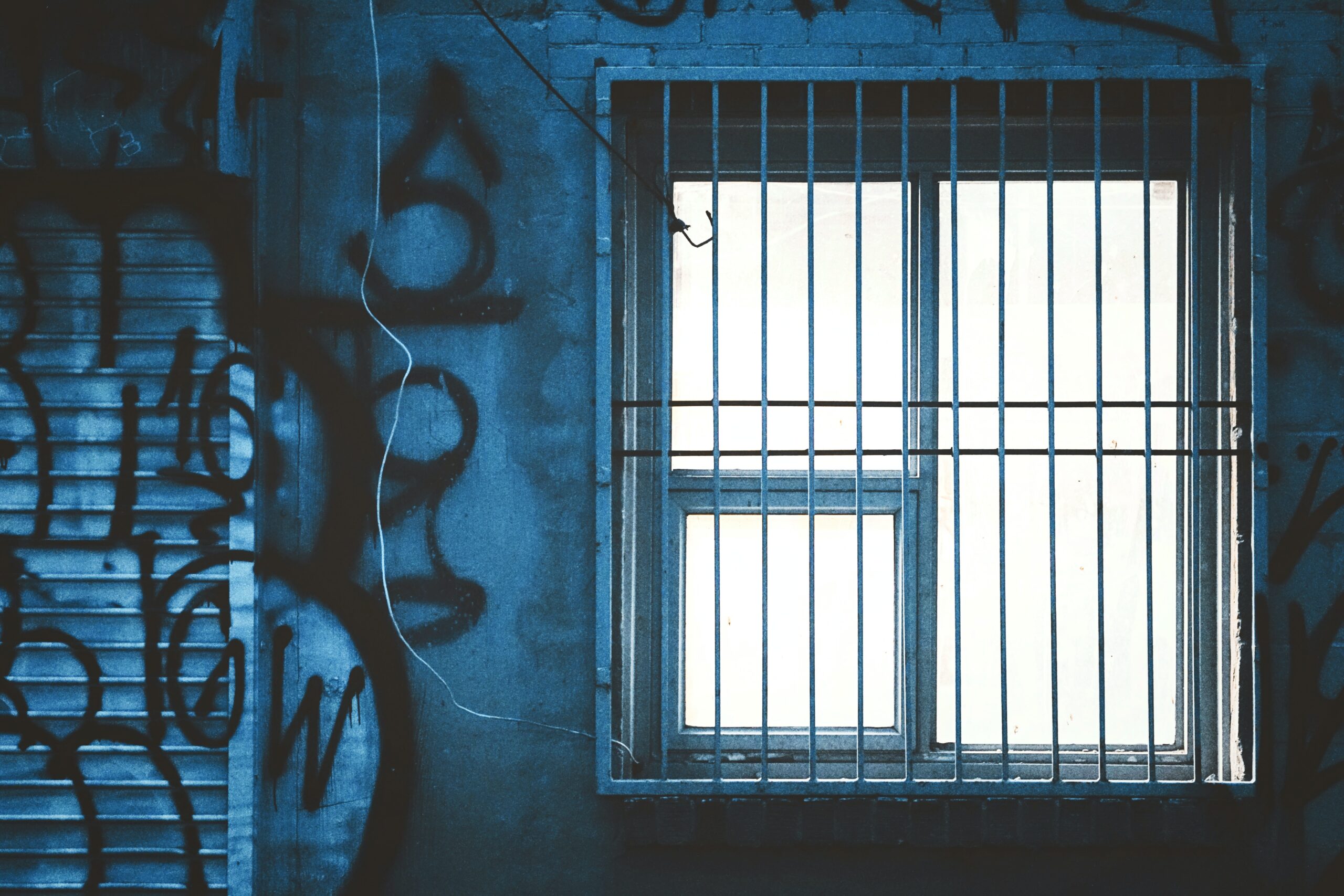How well do the members of a family really know one another? A Sunday in the Country seeks to dredge up from a distant, indistinct, but halcyon past the feelings and memories of one family convening for a day outside Paris toward the end of the summer of 1912, with the far-off rumble of thunder as the uncertainty of the First World War billows like a menace. It is a quiet film that is all the more intense for its quietness, carrying with it the heaviness of the past as it contrasts with the delightful but uncommunicative family dynamics that leave so much unspoken, and that have produced years of unuttered sentiments, loss, petulance, and the separation of those that are supposed to be closest to us.
Bertrand Tavernier has made with A Sunday in the Country something shamelessly perceptive, unsettling, but true to life, and far more humanistic than the warmest family feature churned out by an attention-seeking Hollywood: a film suggesting the human limitations of what anyone can (or should) know about another person, and the problem that every family has to deal with these limitations. Loved ones we don’t know any more than we know that man passing on the street; we only know them differently. The humanism of A Sunday in the Country, like that of the finest films of Yasujirō Ozu, is the marveling that these humans can love at all, and that they can not only endure but come to terms with a more unbridgeable separateness than their love might otherwise want for them.
This lark of a day begins one morning on a country estate from which an old man, now in his seventies, sets out to pick up from the train station his middle-aged son’s family, who are visiting for the day, as they do every Sunday, with a perfunctory and dutiful clockwork the old man has come to depend on. Somewhat straitlaced, muted, settled down with his brood, the son meets his upbeat but contemplative father and they revisit what might be a decades-long rapport: the father’s disappointment, the son’s distance from his father’s attitudes, and their commiseration that the son’s wife is self-satisfied, maybe too pious for her father-in-law’s more artistic and hands-off secularism.
They return to the same topics while the same memories, the same hopes and wishes mediated by a chafing filial respect, make their way into the unspoken conventions of this father-son relationship, which gets on nicely—until the daughter arrives on an unannounced visit, bringing with her a whirlwind that is a stark contrast with her brother’s quiescence. The upbeat sister of Gonzague and the apple of his father’s eye, Irène is sometimes too cheery, too invasively upbeat, as though she were masking some kind of deeper longing and sadness—and this proves to be the case as she receives intermittent phone calls from an unmentioned source, returning from each with more anxiety and more desperation than she ever exhibits around her family.
While dredging up the past by drawing out the relational complexities of this family, which is never laid bare as something single and coherent and readily penetrable, the film deftly uses voiceover and moments of flashback acting as the characters’ reveries—those slight lonely silences overcoming them as they stare out a window that looks on this vast pastoral property or observe others at intimate moments (even as they speak to them; we’re all familiar with the human tendency to overlook ourselves as we speak and act, that reflective and self-conscious capacity that makes us so human and so uncommonly fragile). These narrative devices are not heavy-handed, and they never jar the realism of the film; they are integrated instead into the flow of the story, so that these glimpses of the past become more evocative and moving the more they reveal of the shadows, illusions, and social pleasantries that veil the interiorities of the characters.
In A Sunday in the Country, Bertrand Tavernier holds in front of him (with a stoic tenderness) some harsh truths about love, loss, and isolation, dispelling the platitude of that gooey romanticism entertaining love and eternity and a unity of souls. Blowing all of that away like a gauzy impressionist cloud, he leaves only the substance and truth of real humans and a real family, so that the film finds for itself, and in its own way, a moving and humanistic conclusion that stands comparison with that of the films of Ozu. This comparison implies that A Sunday in the Country is not just honest, but authentic and sincere—nudging it into that select class of films that could be called cinematic art. It should not be missed.


